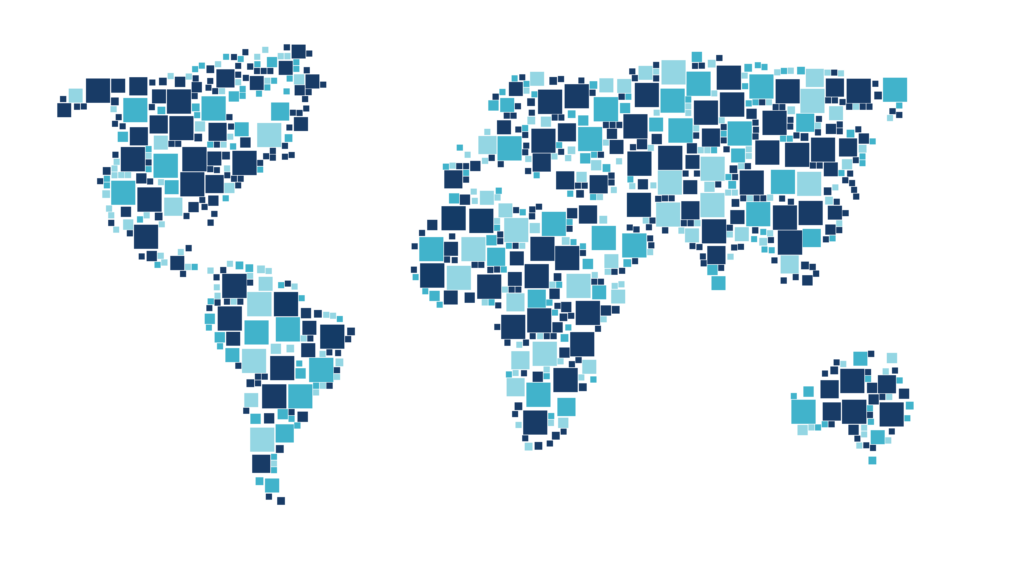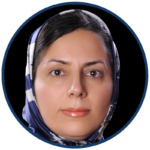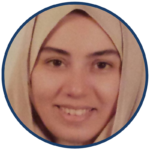There is mounting scientific evidence – from basic science to population research – that strongly supports sleep as a health imperative. Sleep is essential for physical, mental, and social well-being.
Starting with the Global Sleep Health Task Force, World Sleep Society is now building collaborative networks that reach across the world to advocate for the inclusion of sleep health in public health and policy agendas.
Learn more about our priorities below and sign up for updates to get involved.
Global Sleep Health Task Force
Phyllis C. Zee, MD, PhD (United States) – Chair
Lamia Afifi, MD (Egypt)
Claudio Bassetti, MD, PhD (Switzerland)
Peter Eastwood, PhD (Australia)
Fang Han, MD (China)
Birgit Högl, MD (Austria)
Diane C. Lim, MD (United States)
Charles Morin, PhD (Canada)
Arezu Najafi, MD (Iran)
Allan I. Pack, MBChB, PhD (United States)
Dalva Poyares, MD, PhD (Brazil)
Call to Action Published in The Lancet Public Health
On September 28, the Global Sleep Health Task Force published a viewpoint in The Lancet Public Health calling for health policy decisionmakers worldwide to recognize sleep health as a foundation of human health. The viewpoint specifies three actions for government at all levels, researchers and other stakeholders:
- Educate: promote sleep and circadian health education and awareness
- Research: collect and centralize standard sleep and circadian data in every country
- Implement public health policies: include sleep health initiatives to advance public health agendas
Read the complete text in The Lancet Public Health: https://www.thelancet.com/journals/lanpub/article/PIIS2468-2667(23)00182-2/fulltext
World Sleep Society Priorities on Global Sleep Health
Support and inform the development of sleep health guidelines
- Collect international sleep health data
- Facilitate discussions among sleep health experts regarding global sleep health
- Build connections with policy decision-makers
Increase the pipeline of sleep medicine professionals
- Facilitate mentorship and training
- Empower young professionals with high-visibility opportunities for contribution & collaboration
Work with organizations and local governments to increase awareness
- Provide sleep health expertise to community health stakeholders
- Promote sleep health public awareness campaigns and activities
Useful Links to Sleep and Circadian Health
NIH Health Curriculum on Sleep
NIH Free Bookshelf on Sleep and Circadian Health
Useful Questionnaires to Evaluate Sleep and Circadian Health
Useful Questionnaires to Evaluate Sleep and Circadian Health
| Dimensions of Sleep |
|---|
| RU-SATED |
| Functional Outcomes of Sleep Questionnaire (FOSQ) |
| Pittsburgh Sleep Quality Index (PSQI) |
| Sleep Quality Scale (SQS) |
| Basic Nordic Sleep Questionnaire (BNSQ) |
| Richards Campbell Sleep Questionnaire (RCSQ) |
| Excessive Daytime Sleepiness |
|---|
| Epworth Sleepiness Scale (ESS) |
| Stanford Sleepiness Scale (SSS) |
| SCOPA-Sleep-Daytime Sleepiness subscale |
| Karolinska Sleepiness Scale |
| Circadian Rhythm |
|---|
| Morningness – Eveningness Questionnaire (MEQ) |
| Munich Chronotype Questionnaire (MCTQ) |
| The Sleep Timing Questionnaire (STQ) |
| Insomnia |
|---|
| Sleep Condition Indicator (SCI |
| Insomnia Severity Index (ISI) |
| Bergen Insomnia Scale (BIS) |
| Daytime Insomnia Symptom Scale (DISS) |
| Insomnia Symptom Questionnaire (ISQ) |
| Pittsburgh Insomnia Rating Scale (PIRS) |
| The Arabic Scale of Insomnia (ASI) |
| Athens Insomnia Scale |
| Sleep Apnea |
|---|
| Sleep Disorders Questionnaire (SDQ) |
| Berlin Questionnaire |
| STOP BANG |
| OSA50 |
| Self-efficacy in Sleep apnea (SEMSA) |
| Calgary Sleep Apnea Quality of Life Index (SAQLI) |
| Quebec Sleep Questionnaire (QSQ) |
| STOP Questionnaire (SQ) |
| Restless Legs Syndrome |
|---|
| International Restless Legs Scale (IRLS) |
| Augmentation Severity Rating Scale (ASRS) |
| Restless Legs Syndrome Quality of Life Questionnaire (RLSQoL) |
| Restless Legs Syndrome- Diagnostic Index (RLS-DI)19 |
| Kohnen Restless Legs Syndrome Quality of Life Questionnaire (KRLS-QOL) |
| Pediatric Restless Legs Syndrome Severity Scale (P-RLS-SS) |
| Hypersomnias |
|---|
| Cataplexy questionnaire |
| Swiss narcolepsy scale (SNS) |
| Ullanlinna narcolepsy scale (UNS) |
| Idiopathic Hypersomnia Severity Scale |
| Fatigue severity scale (FSS) |
| Multidimensional assessment of fatigue (MAF) |
| Multidimensional fatigue inventory (MFI-20) |
| Others |
|---|
| Mini Sleep Questionnaire (MSQ) |
| Oviedo Sleep Questionnaire (OSQ) |
| Athens Sleep Questionnaire (ASQ) |
| Simple Four Variables (SFV) |
| Daily Cognitive Communication and Sleep Profile (DCCASP) |
| Brock sleep and insomnia questionnaire (BSIQ) |
| Dysfunctional beliefs and attitudes about sleep scale (DBAS) |
| Glasgow Coma Scale (GCS |
| Leeds Sleep Evaluation Questionnaire (LSEQ) |
| Global Sleep Assessment Questionnaire (GSAQ) |
| Wisconsin Sleep Questionnaire (WSQ) |
Hear from the Global Sleep Health Task Force
Want to Get Involved?





